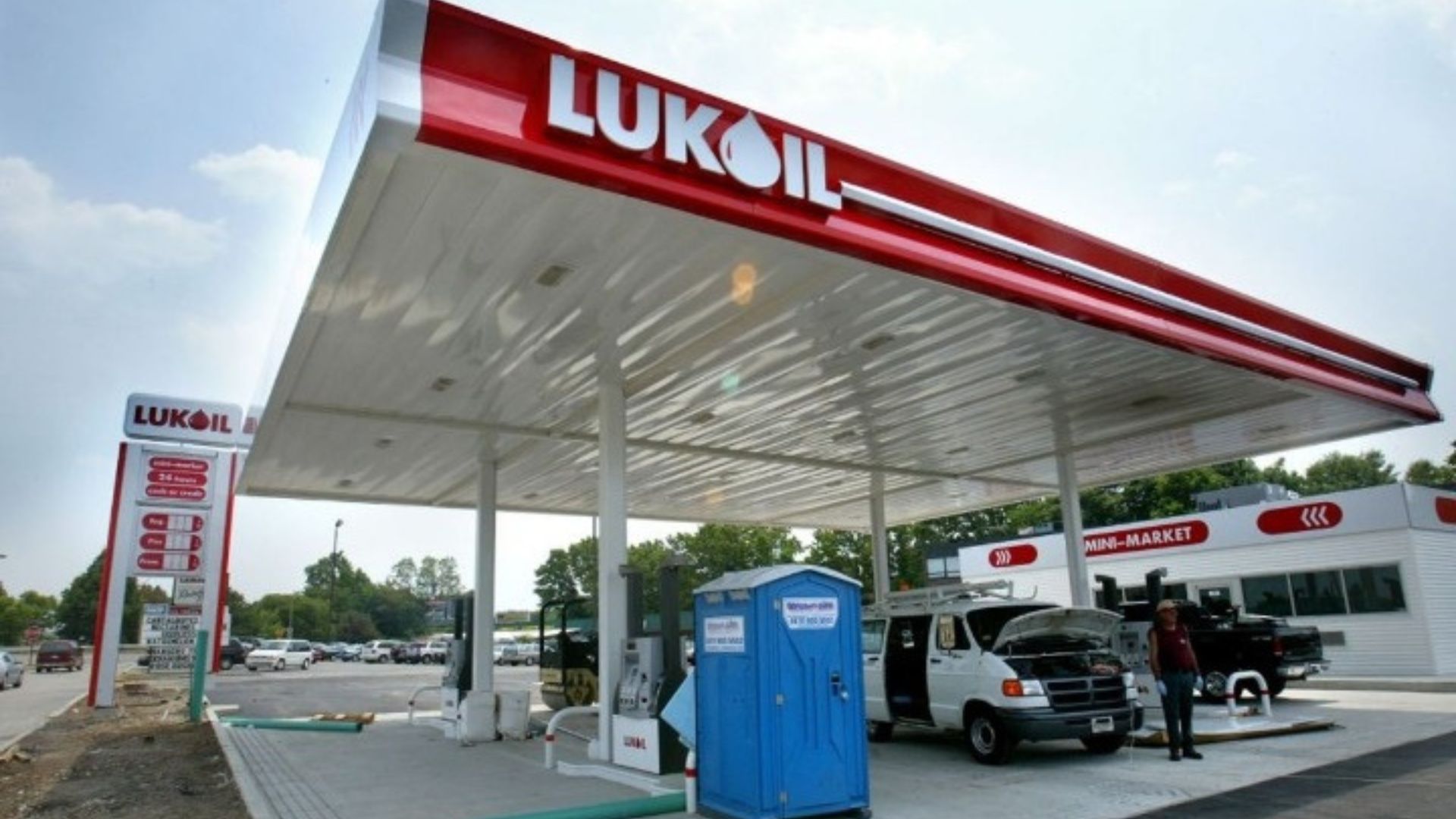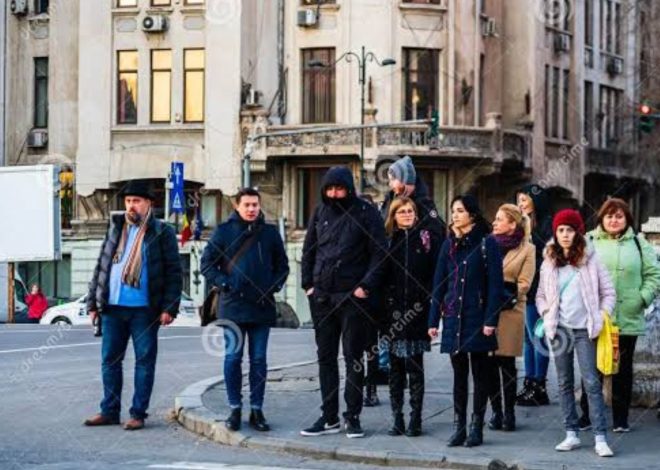
Russia Bans Petrol Exports for 6 months
Russia has implemented a six-month ban on gasoline exports starting from March 1 to stabilise domestic prices amidst rising demand. The ban aims to ensure sufficient fuel supply for domestic consumption during peak demand periods like summer and spring fieldwork.
The decision to ban gasoline exports was made to address the surge in domestic demand due to factors such as summer vacation travel, spring agricultural activities, and planned refinery maintenance. This move is part of efforts to stabilise prices and prevent shortages in the face of increasing demand.
Exempted Regions from the Ban
The ban excludes certain countries like Mongolia, Uzbekistan, Abkhazia, and South Ossetia, which are members of the Eurasian Economic Union. These exemptions aim to ensure continued fuel availability for these regions despite the export restrictions imposed by Russia.
This ban follows previous restrictions on gasoline and diesel exports in 2023 due to concerns about price surges. Russia had also suspended Euro 5 gasoline exports temporarily last year. The government has taken various steps to manage supply and pricing in the domestic fuel market.
Impact on Market
The ban on gasoline exports is a response to challenges faced by Russian refineries, including maintenance issues and reduced production. By controlling exports, Russia aims to maintain stability in its domestic fuel market and prevent shortages during critical periods of high demand.


